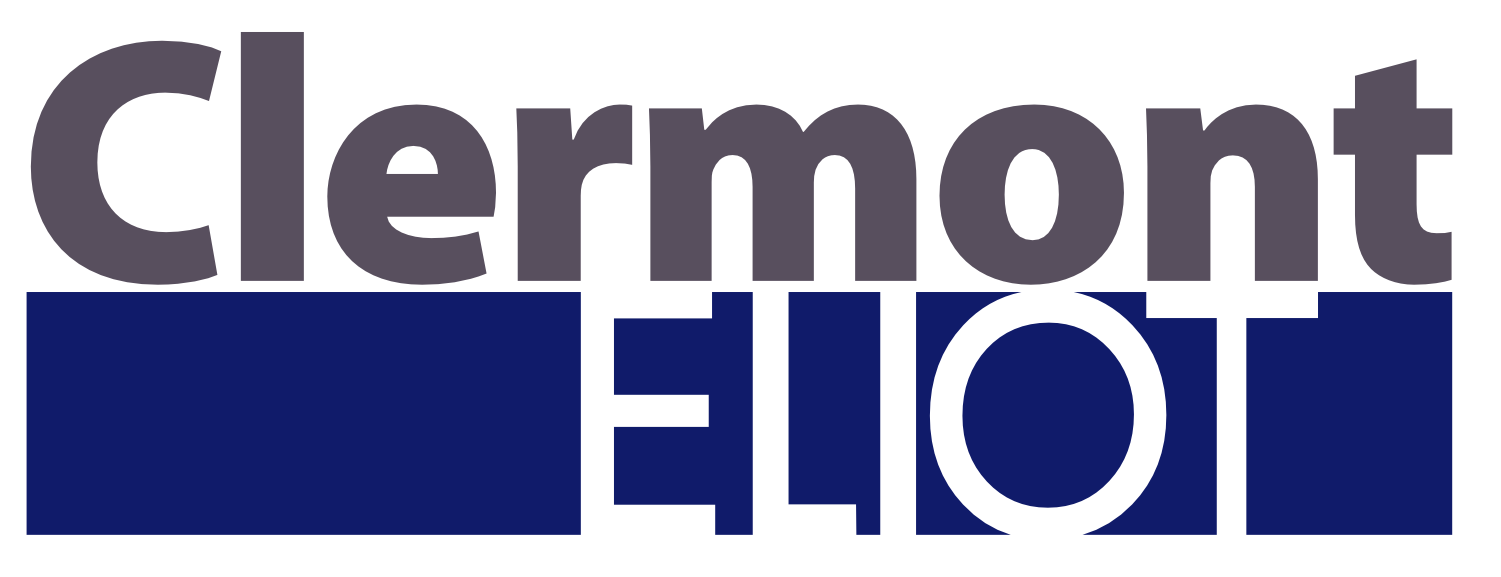
In Talk or Walk we explore the value of speaking up versus moving on when your team or organization finds itself in a high-risk, public conversation. Situations are based on the firsthand experience of Clermont Eliot’s counselors.
Situation: An engineering firm is contacted by a local TV reporter doing a story on a newly completed roundabout which the firm constructed for a city’s streets department. The reporter offers that several viewers, and some officials with the city, have raised concerns about the project’s cost. The firm provides a written statement assuring the project was completed under the direction of the city, which approved all costs. The story airs with an excerpt of the statement included, but also includes an email obtained from a member of the city’s project team stating, “It feels like these latest requests are a way for them [engineering firm] to juice more money out of the project.”
The next morning, the engineering firm’s executive team meets and there is concern the story, and especially the quote, could threaten existing projects and jeopardize several bids that are being developed. Some suggest the firm needs to contact the reporter and demand a follow-up to refute the assertion. Should the firm Talk, and follow-up with the reporter, or Walk and say nothing?
Clermont Eliot’s Take: WALK. I’ll be the first to admit that should Clermont Eliot find itself suddenly portaled to the Land of Bad Publicity, my natural reaction would be to flex our media relations muscles and scratch-climb our way out. That intuition is rationally wrong but emotionally right.
We rightfully have an urge to protect the reputation of our people and our firms, especially when we feel they are being mischaracterized or unfairly depicted. It’s angering, frustrating, and anxiety-inducing.
But a kettle-full of sobering distance plainly reveals that engaging the news media for a follow-up to negative coverage is likely to produce far less of a gain than we think. From the reporter’s perspective, being contacted by a hitherto “statement source” accomplishes exactly what they want: keeping the story, which at its core is fueled by controversy, alive. It’s also unlikely a reporter will allow you to keep issuing written statements. They’ll press for an interview (which you want to do, but know you shouldn’t), and if you refuse, the follow-up may still run. “The firm contacted us and reiterated they did nothing wrong here, and we invited them, several times, to sit down with us and tell their story but each time, they declined.”
Now there’s not only an assertion of wrong-doing from the original report, but a perception you may have something to hide. Talking is pressing your luck and is bound to result in a double whammy. (Self Ed. Note – a millennial wrote this ‘Press Your Luck’ joke, because some of us are close to 40 now.)
The better strategy is to do your own reputation management. In this situation, reaching out quickly to current, prospective and past clients (who could come back), partners and colleagues is the way to prevent losing ground. This is a time to be highly visible in inboxes and showing up as an incoming call. Be forthright, introspective, and positive. Crafting those messages well, and reinforcing them in the immediate, mid-, and long-term is the most effective way to move on from disappointing publicity.
